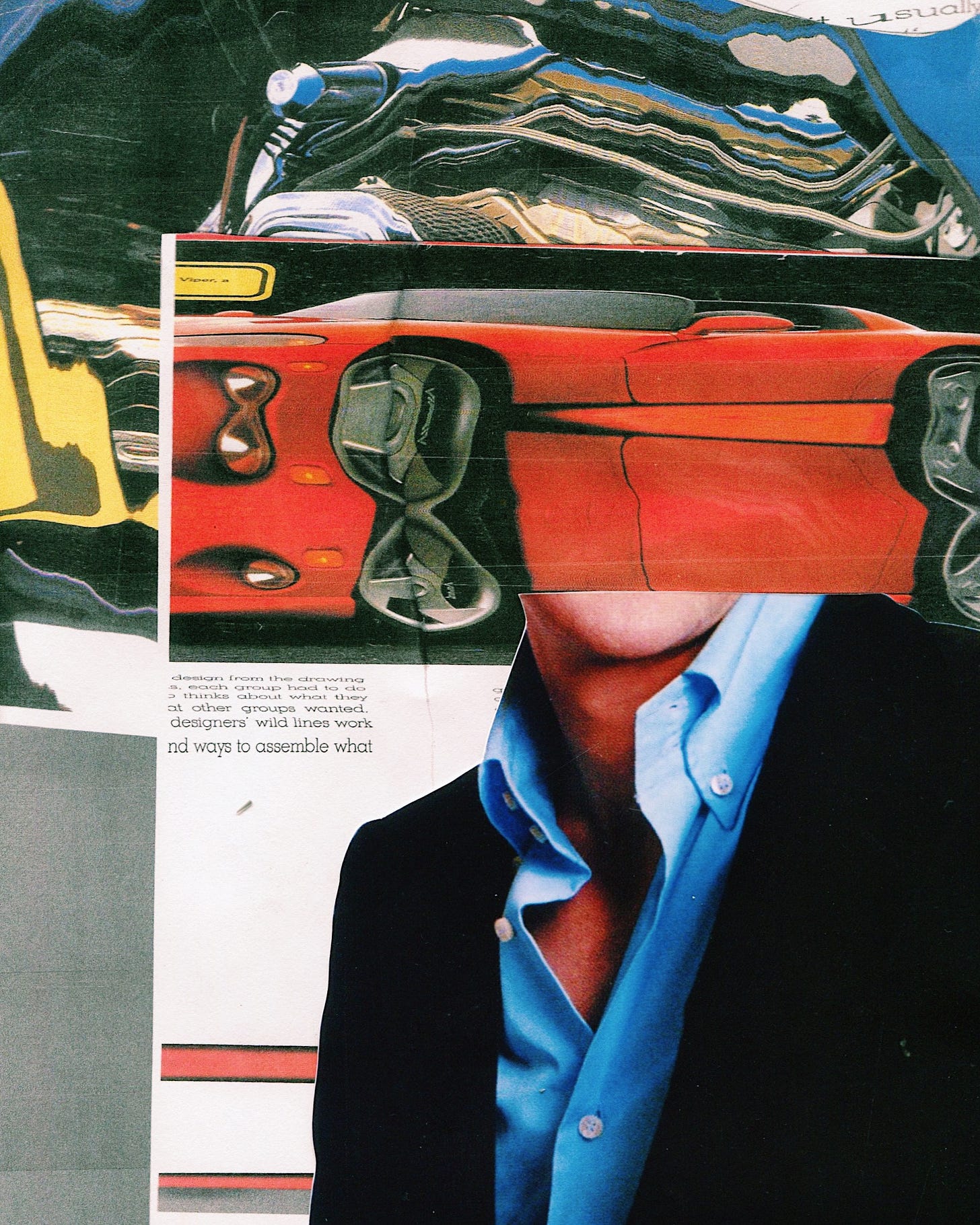In his book Dignity, Chris Arnade recounts the stories of two young people who shockingly passed up the chance to attend elite universities. They choose instead to stay in their isolated, lower income hometowns in order to take care of their needy family members. “By the usual standards of success, [they were] foolish for turning down the opportunity. But I don’t know if that’s right.”
Despite their missing out on a one way ticket to upward mobility, Arnade questions if rather it is those who willingly uproots themselves from their families, hometowns, and moral/spiritual values in order to reach elite status and maintain a bourgeois lifestyle who are really missing out. “I happen to think those two children made the right decision. If you had told me this story ten years ago, I’m not sure I would’ve thought so. There’s a sense that we’re all supposed to be independent franchises that just move wherever we want. There’s no sense of place.”
As it is with most things American, this dilemma (which makes up the plots of films like Sweet Home Alabama, and most Hallmark Christmas movies) is filtered through a moralistic lens. One side argues that the people who stay humble and are true to their roots are the good guys, while others argue that settling for less is lazy and selfish, and that if you really wanted to help others you would work your a*s off and then share your wealth with those who supported you (despite entering into a distinct socioeconomic/cultural class from them).
But if you look past the moral veneer of Arnade’s framing and consider the broader picture of life that his book paints, you’ll detect that it ultimately is putting forth an existential and aesthetic argument: maintaining one’s roots, staying connected to faith, family/community, and place makes life more meaningful and beautiful. Sure, life in the back row is far from glamorous and is rife with suffering. But his research reveals that those in the back row tend to be happier, in a deeper, more substantial way, than people on the front row.




